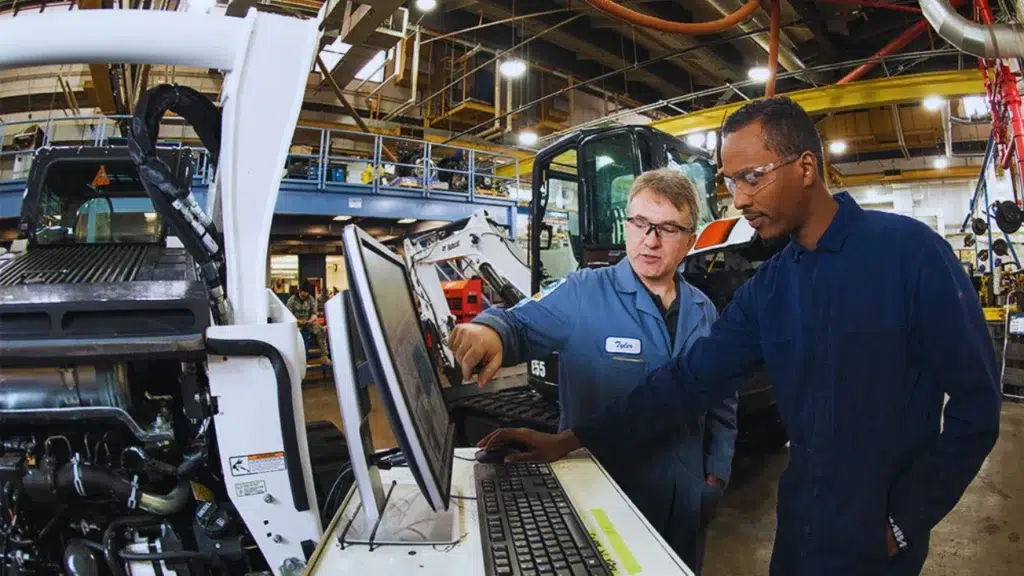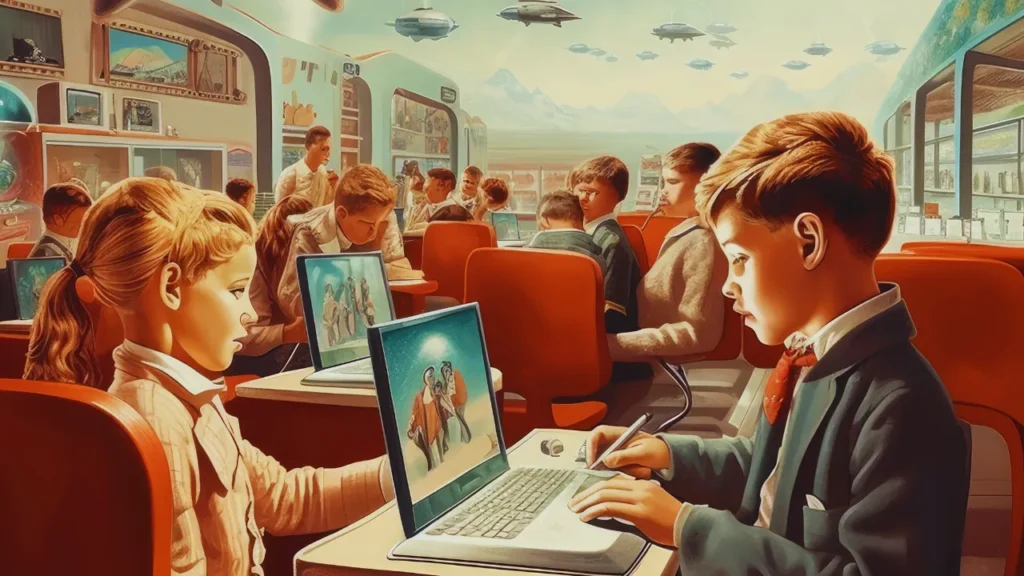For many years, diesel has been the foundation of heavyduty transportation round the arena powering automobiles, buses, and industrial equipment. This era is advancing speedy as we get into 2025; it’s miles turning into greater sensible and powerful than it has ever been.
Rising environmental troubles, better gas financial system, and preferred performance are all being addressed via current traits in diesel engines. How diesel era is revolutionizing transportation in 2025 and what importance it has for agencies and preferred purchasers alike.
The Evolution of Diesel Technology
To apprehend how diesel technology is giving electricity to smart transport, it enables to see how it has moved forward for decades. The table underneath evaluate conventional diesel engines with present day diesel era used these days
| Feature | Traditional Diesel Engines | Modern Diesel Technology (2025) |
| Fuel Efficiency | Moderate | Significantly Improved |
| Emissions | High | Reduced with advanced filters |
| Engine Control | Mechanical | Electronic control units (ECUs) |
| Noise Level | Loud | Quieter due to advanced engineering |
| Maintenance Frequency | High | Lower with predictive diagnostics |
| Performance | Reliable but limited | Enhanced torque and power delivery |
Advancements Driving Smarter Diesel Transportation
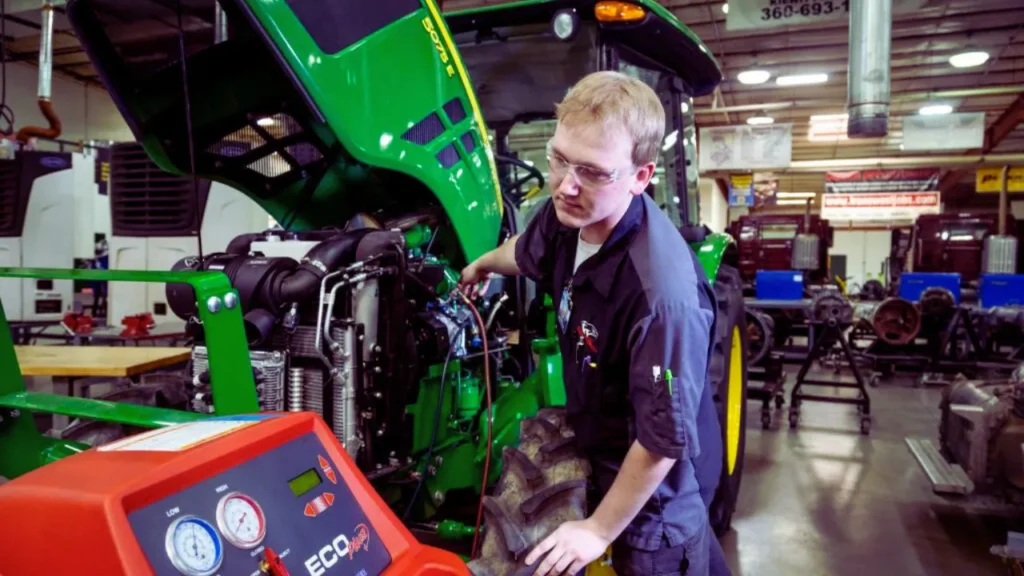
better fuel injection structures to hybrid diesel-electric configurations, the enterprise is embody. One of the vast reforms is using digital control units (ECUs) that adapted engine capabilities in real time. This means that engine burn fuel more appropriately, slicing waste and emissions.
Another success is the mixing of remedy techniques consisting of the Diesel Particulate Filter (DPF) and selective catalyst discount (SCR). These systems work collectively to significantly reduce pollutants inclusive of nitrogen oxide (NOX) and Particulate Matter (PM), helping diesel engines to conform with speedy strict emission rules.
Real-World Impact: Diesel Technology in Transportation Sectors
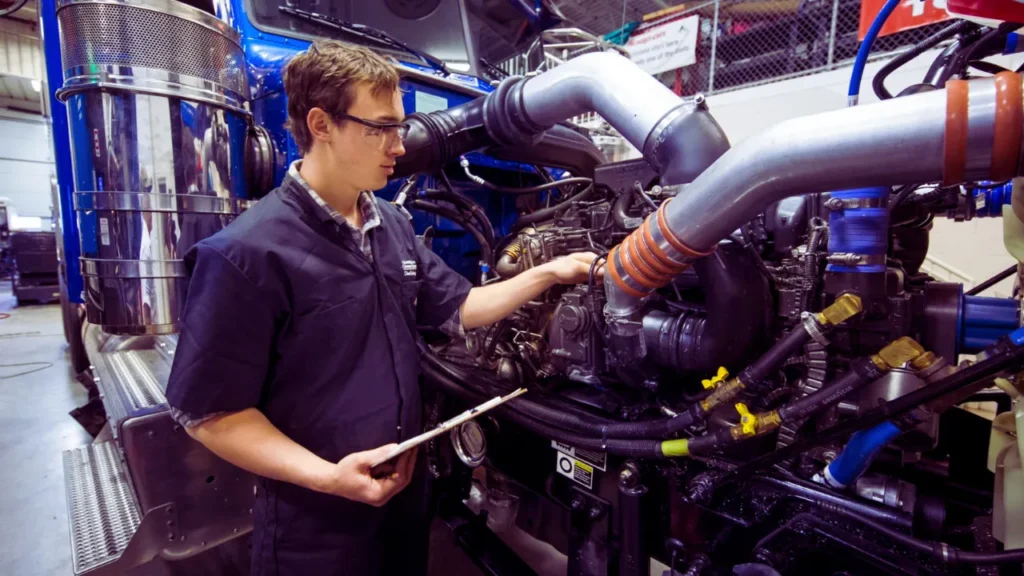
The effect of smart diesel technology in diverse delivery sectors is apparent. For instance, lengthy-corridor trucking has dropped fuel consumption to ten–15% because of smart engine and aerodynamic truck designs. Companies like Volvo and Scania are at the vanguard of incorporating advanced diesel era in their cutting-edge fleet.
In public delivery, buses ready with the modern diesel engine offer cleanser and cool rides for passengers. Cities in Europe and North America have followed these motors to improve air great and reduce noise pollutants.
Even in agriculture, diesel-powered machinery is benefited from performance blessings. Tractor and harvester now work for a long time with low gas, directly enhancing agricultural productivity and stability.
Benefits of Modern Diesel Technology Across Industries
| Industry | Benefit | Example Companies / Use Cases |
| Trucking | Up to 15% fuel savings | Volvo FH series, Scania R-series |
| Public Transit | Lower emissions & quieter operation | New York MTA hybrid diesel buses |
| Agriculture | Increased engine lifespan | John Deere diesel tractors |
| Construction | Higher torque for heavy lifting | Caterpillar diesel excavators |
| Marine Transport | Improved fuel economy and reliability | Wärtsilä marine diesel engines |
Challenges and the Road Ahead for Diesel Technology
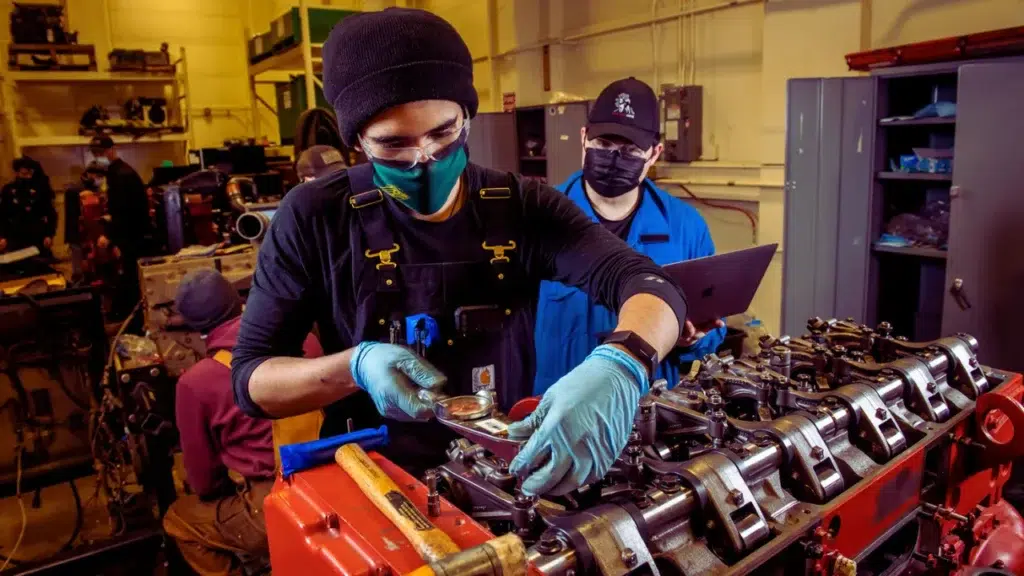
Despite its many development, diesel era faces challenges, particularly with developing competition from electric powered and alternative gas automobiles. Environmental rules are tightened, especially in Europe and elements of Asia, producers push to pill forward or for brand new power assets.
A assignment is the cost related to superior emission control structures, which can boom vehicle prices. However, many operators discover alternate-closes profitable due to low fuel expenses and occasional common maintenance.
Further, diesel engines are anticipated to be greater included with hybrid structures, combining each global’s high-quality – with lengthy distance from high torque and diesel – with smooth and cool operation of electrical vehicles.
Technological Innovations Shaping Diesel in 2025
The diesel industry is investing heavily in R&D to push boundaries. Some exciting technologies include:
- Common Rail Fuel Injection: This allows for precise control of fuel delivery, improving combustion and lowering emissions.
- Variable Geometry Turbochargers: These adjust boost pressure dynamically, enhancing engine efficiency under varying loads.
- Advanced Sensors and Diagnostics: Real-time data from sensors allows predictive maintenance, reducing downtime and repair costs.
- Diesel-Electric Hybrids: Blending diesel with electric power to cut emissions during low-demand driving conditions.
- Bio-Diesel Compatibility: New engines are designed to run on renewable biofuels, reducing carbon footprints.
Key Diesel Technology Innovations in 2025
| Technology | Benefit | Industry Application |
| Common Rail Injection | Improved combustion & fuel economy | Trucks, buses, and agricultural machines |
| Variable Geometry Turbo | Boost control for efficiency | Heavy-duty vehicles, marine transport |
| Predictive Maintenance Tech | Less downtime, reduced repair costs | Fleet management, logistics |
| Diesel-Electric Hybrids | Reduced emissions in city driving | Public transit, delivery trucks |
| Bio-Diesel Use | Renewable fuel option | Agriculture, long-haul trucks |
Diesel Technology and Environmental Responsibility
One of the most important criticisms of diesel engines has been his environmental have an impact on. However, with current diesel technology, this story is changing. Strict emission requirements worldwide have compelled manufacturers to innovate, and the results are brilliant.
Advanced emission control systems, blended with purifier gas options together with biodiesel, have notably reduced dangerous emissions. In some instances, present day diesel engines emit much less debris than vintage fuel engines. These reforms are crucial for industries who depend on diesel electricity however want to fulfill environmental commitments.
The Future of Diesel Technology in Transportation
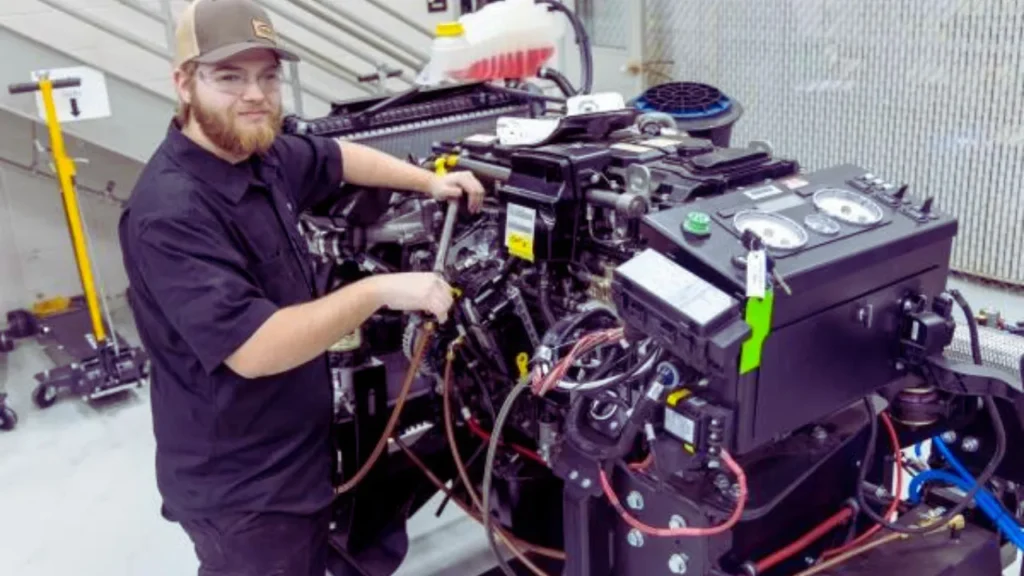
Given further, diesel technology could be an vital a part of international shipping infrastructure, specifically in areas with electricity, sturdiness and lengthy distance ability. While electric powered automobiles grow unexpectedly, battery generation limitations for heavy duty packages manner that diesel will nonetheless play an vital role in 2025 and beyond.
Continuous improvement in engine efficiency, gasoline types and hybrid integration will keep diesel aggressive and sturdy. The recognition will be at the diesel engine cleanser, smart, and greater favorable to the future strength panorama.
If you’re worried in shipping, logistics, or industries that rely upon diesel generation, it’s far essential to be up to date with those progresses. Adopting smart diesel solutions can enhance price financial savings, environmental blessings and operational performance. Consider searching the state-of-the-art diesel-operated vehicles and system to evidence your fleet.
FAQs
What is diesel technology, and how does it differ from gasoline engines?
Diesel generation refers to engines operated by way of diesel fuel, which ignites the gas engines via compression as opposed to spark plugs. It results in high efficiency and torque, making diesel engines ideal for heavy prices. They commonly provide better fuel economic system, however traditionally have high emissions, which is decreasing present day technology.
Are modern diesel engines environmentally friendly?
Thanks to the development together with diesel particulate filters and selective catalytic deficiency systems, present day diesel engines emit a whole lot less pollution than older models. Combined with cleanser fuel and hybrid structures, they’re now very environmentally accountable.
What industries benefit most from diesel technology?
Diesel engines are required in trucking, construction, agriculture, maritime transport and public transit. Their electricity and performance cause them to adapt to heavy hundreds and long distance programs wherein electrical alternatives are presently limited.
How does diesel technology improve fuel efficiency?
Technologies which include commonplace rail fuel injection and variable geometry turbocharjar optimize gas combustion. Electronic control devices regulate engine parameters in actual time to make certain gasoline, that’s correctly used, reduces waste and improves according to gallon miles.
What role do hybrid diesel-electric systems play in transportation?
Hybrid diesel-electric powered motors integrate diesel engines with electric motors to reduce gas intake, especially to prevent-quit-go urban using. They provide a balance of strength and efficiency, making them popular in public transit and distribution fleet.
Can diesel engines run on renewable fuels?
Yes, many present day diesel engines are compatible with biodiesel and different renewable fuels, which allows reduce carbon emissions. This adaptability supports environmental goals with out renouncing engine overall performance.
What maintenance challenges do modern diesel engines face?
While advanced diesel engine calls for less common renovation, their emission manipulate structures require proper care. Components including diesel particulate filters may additionally require cleanliness or substitute through the years, and the complexity of digital structures manner that renovation may be greater technical.





